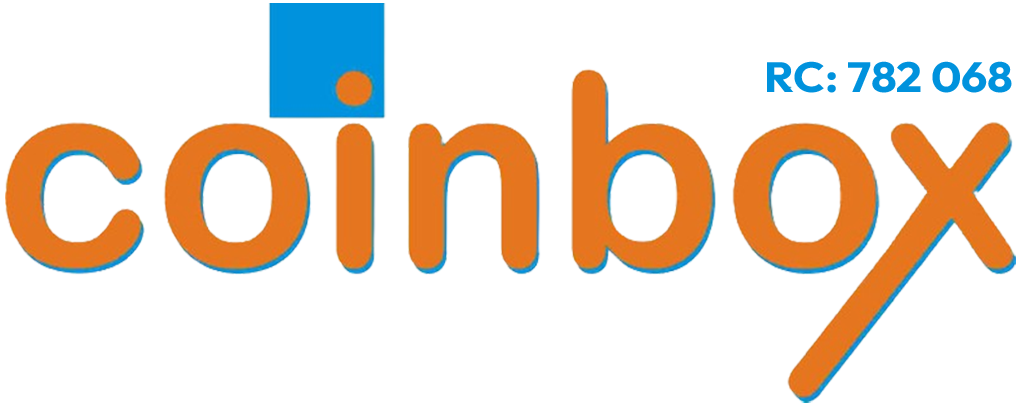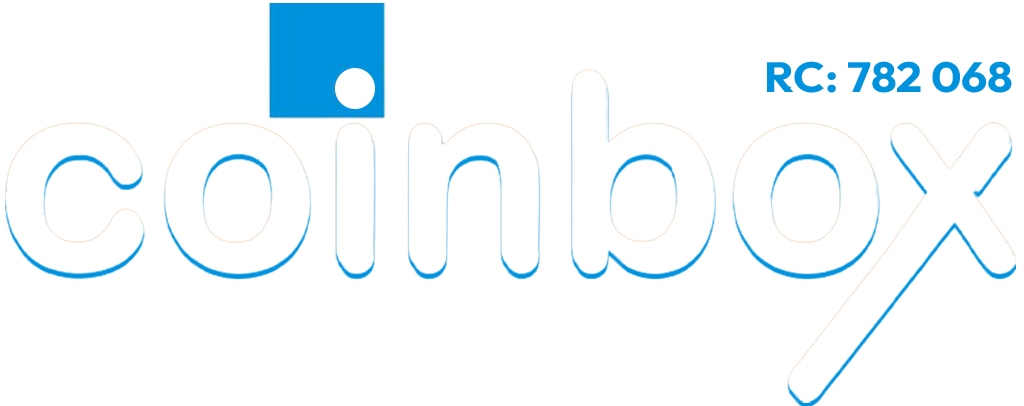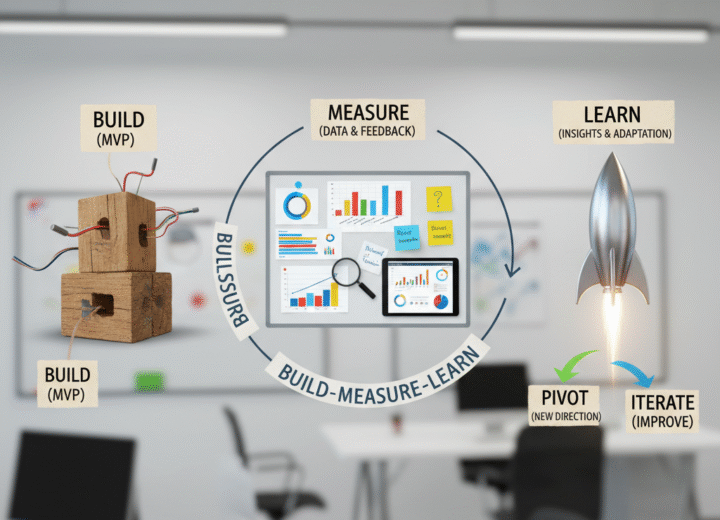The Invisible Drain: Addressing and Preventing Employee Burnout (Beyond “Just Work Harder”)
In the vibrant and often demanding landscape of Nigerian and African businesses, the mantra of “hustle harder” has become deeply ingrained. It’s a narrative that celebrates long hours and relentless dedication, often seen as the price of success. But beneath the surface of this energetic drive lies a silent epidemic: employee burnout. It’s an invisible drain, slowly sapping the energy, creativity, and ultimately, the productivity of our most valuable asset – our people. And it’s a far more complex issue than simply needing to “work harder.”
Imagine Amara, a brilliant marketing executive in a thriving tech startup in Lagos. Initially, she was bursting with innovative ideas and boundless energy, instrumental in several successful campaigns. The long hours were tough, but the excitement of building something significant fueled her. However, months blurred into a relentless cycle of deadlines, late-night calls catering to different time zones, and a constant feeling of being “always on.” Slowly, the spark dimmed. Amara started feeling detached, her once sharp insights became clouded, and even the smallest tasks felt monumental. She found herself dreading Monday mornings, a knot of anxiety tightening in her chest. Amara was burning out.

Amara’s story is not unique. Across Nigeria and the African continent, in bustling cities and growing towns, countless professionals are silently battling this invisible drain. We operate in a context where resources can be limited, competition fierce, and the pressure to succeed immense. This environment can inadvertently foster a culture where pushing oneself to the brink is normalized, even glorified. But what is the true cost of this relentless pursuit?
The True Cost of an Exhausted Workforce
The consequences of ignoring employee burnout extend far beyond individual suffering. For businesses, an exhausted workforce translates to:
- Reduced Productivity and Innovation: Burned-out employees are less engaged, less creative, and more prone to errors. Their cognitive function is impaired, hindering problem-solving and strategic thinking.
- Increased Absenteeism and Presenteeism: Burnout leads to more sick days and, perhaps more insidiously, presenteeism – where employees are physically present but mentally and emotionally checked out, offering minimal contribution.
- Higher Turnover Rates: Losing valuable talent due to burnout is costly in terms of recruitment, training, and lost institutional knowledge.
- Damaged Company Culture and Reputation: A workplace where employees feel constantly stressed and undervalued breeds negativity and can damage the company’s reputation, making it harder to attract and retain top talent.
- Increased Healthcare Costs: Chronic stress associated with burnout can contribute to various health issues, increasing healthcare costs for both employees and employers (where applicable).
How to Spot the Signs of Burnout
Recognizing the early signs of burnout is crucial for timely intervention. These can manifest in various ways:
- Emotional Exhaustion: Feeling drained, cynical, and emotionally depleted.
- Depersonalization: Feeling detached and negative towards one’s job and colleagues.
- Reduced Personal Accomplishment: Feeling a sense of ineffectiveness and lack of achievement.
- Physical Symptoms: Frequent headaches, stomach issues, sleep disturbances, and fatigue.
- Behavioral Changes: Increased irritability, social withdrawal, procrastination, and decreased performance.
Moving Beyond “Just Work Harder”: Building a Sustainable Culture
Addressing burnout requires a fundamental shift in mindset, moving away from the unsustainable “just work harder” ethos towards building a culture that genuinely values employee well-being and sustainability. Here’s how Nigerian and African businesses can lead this change:
- Create a Culture That Values Rest: This starts from the top. Leaders need to model healthy work-life boundaries, take breaks, and encourage their teams to do the same. Normalize taking leave and discourage the glorification of constant busyness. Implement policies that support rest and rejuvenation, such as mandatory vacation days or mental health days.
- Implement Realistic Workloads: Review job roles and responsibilities to ensure they are manageable within reasonable working hours. Avoid consistently overloading individuals and distribute tasks fairly. Utilize project management tools to track workloads and identify potential overload early on. Empower managers to say “no” to unrealistic demands and to prioritize effectively.
- Prioritize Mental Health and Well-being: Recognize that mental health is just as important as physical health. Provide access to resources such as confidential counseling services, stress management workshops, and mindfulness training. Create a supportive environment where employees feel comfortable discussing their challenges without fear of stigma.
- Foster Open Communication and Feedback: Regularly check in with employees, both individually and in team settings, to understand their workload, challenges, and overall well-being. Create channels for anonymous feedback to identify systemic issues contributing to stress and burnout. Actively listen to concerns and demonstrate a commitment to addressing them.
- Promote Work-Life Balance: Encourage employees to pursue interests and activities outside of work. Implement flexible work arrangements where possible, such as remote work options or flexible hours, to empower employees to better integrate their personal and professional lives. Respect personal time and discourage after-hours emails and calls unless absolutely necessary.
- Invest in Employee Development and Recognition: Providing opportunities for growth and recognizing contributions can significantly boost morale and engagement, counteracting feelings of being undervalued. Invest in training and development programs, mentorship opportunities, and regular appreciation initiatives.
Conclusion: Investing in Our People, Investing in Our Future
Employee burnout is not a badge of honor; it’s a critical threat to the sustainability and success of Nigerian and African businesses. Ignoring this invisible drain comes at a significant cost – reduced productivity, loss of talent, and a diminished capacity for innovation. By moving beyond the outdated notion of “just work harder” and actively cultivating a culture that prioritizes rest, realistic workloads, and holistic well-being, we can unlock the true potential of our workforce.
Ready to invest in a thriving and resilient team?
Here are some resources to get started:
- The Wellbeing Centre: COINBOX LIMITED – Offers resources and support for mental health and well-being in the workplace.
- Human Resource Consulting Firms Specializing in Employee Well-being: COINBOX LIMITED – Can provide tailored strategies and programs to address burnout within your organization.
- Online Courses and Workshops on Stress Management and Mindfulness: COINBOX LIMITED – Offer accessible tools and techniques for employees to manage stress and improve their well-being.
Take advantage of this opportunity!!!
Are you a business leader looking to build a sustainable and high-performing team? Contact us today for a consultation on how to implement effective strategies to prevent employee burnout and cultivating a thriving workplace culture. Let’s move beyond the “hustle harder” mentality and build a future where our people – and our businesses – can truly flourish. CLICK HERE.
By addressing the invisible drain of burnout, we are not just protecting our employees; we are investing in the long-term success and resilience of our businesses and contributing to a healthier and more productive future for the Nigerian and African workforce.
Ayo Emakhiomhe.





